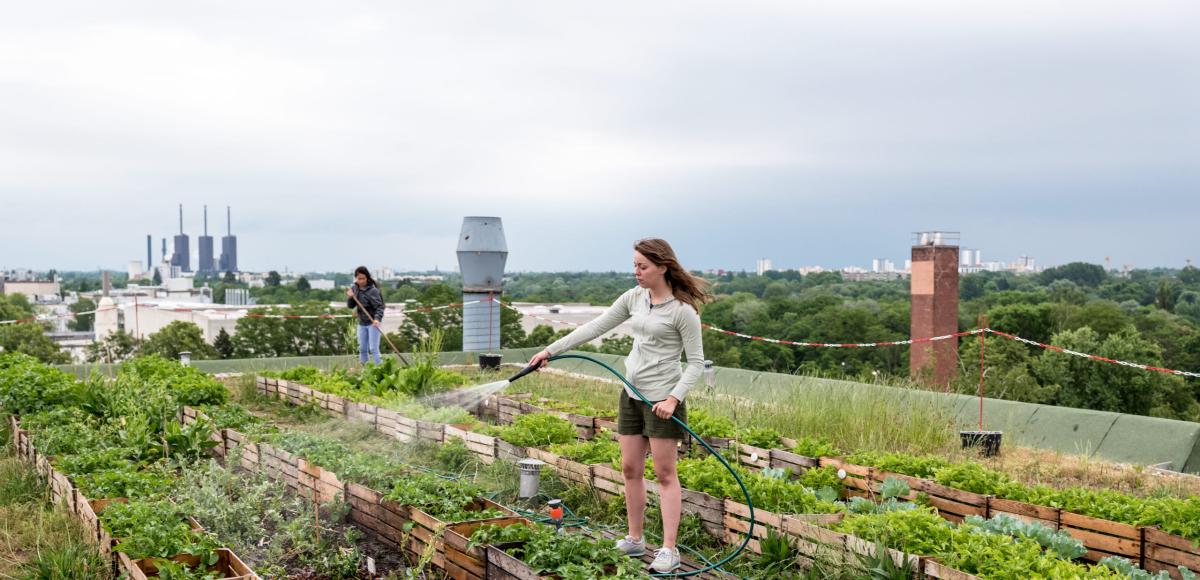
COP15 and a global framework for biodiversity
For more than a decade, climate change has been the dominating environmental issue on the global agenda and in public awareness, but this is about to change.
While the entire world has been focused on charting a course to 1.5°, another challenge has been mounting: The loss of biodiversity and nature. Over the next coming weeks, we will publish a series of articles and insights addressing this topic.
Every value chain depends to a varying degree on ecosystem services such as water provisioning, climate stabilization, biomass provisioning and others. According to the World Economic Forum, the estimated value of the world’s combined natural assets and ecosystem services exceed more than half of the world’s total GDP. However, land degradation, climate change, overexploitation, pollution and other drivers of nature loss put their intrinsic and economic values at risk. As of now, global stocks of wildlife populations have declined by more than 60 % over the past 50 years according to World Wildlife Foundation.
Negotiations for extended global biodiversity commitments have been ongoing since the 1992 Earth Summit in Rio de Janeiro. With COP 15 in Montreal, which is happening right now, humanity has a chance to agree to achieve an historic agreement to halt and reverse nature loss, on par with the 2015 Paris Climate Agreement.

The Intergovernmental Science-Policy Platform on Biodiversity and Ecosystem Services has established a scientific baseline that connects the loss of nature with direct risks for human livelihoods, infrastructure, as well as economic activities. Pressure is mounting for decisionmakers, and the private sector will play an essential role in the success of a new agreement. The current draft framework includes a set of targets to be achieved by 2030. These targets introduce reporting obligations for dependencies and impacts on nature for all businesses. This would allow businesses to align economic activities and financials flows with so called “nature-positive” strategies to restore biodiversity and secure ecosystem services.
While policymaking within biodiversity is still a few years behind climate change, both private and public sector and NGOs have already been through a very similar international process when setting up the Paris Agreement. Having battled the largest public awareness campaign in human history, this experience is rapidly accelerating the development of corporate biodiversity strategy frameworks (PCAF, TNFD, Science-based Targets for Nature), scientific advisory panels (IPBES) and public attention in general.
AFRY’s Commitment to Biodiversity
The transition to a sustainable society is a rapidly evolving field. Apart from continuously changing regulations, new subjects require constant adaptation of our consulting and design business. The complexity of the climate and biodiversity crisis requires us yet again to reinvent how we are delivering services to our clients.
Over the course of the next months, we will be exploring this exciting journey as we support our clients in developing strategies to become nature positive businesses. We will be featuring insights from both our clients as well as our experts in a series of articles, blog posts, and webinars, and you will learn more about how biodiversity may affect your organization, and its linkage with the climate crisis, as well as how we can help you with our integrated and transdisciplinary consulting approach.
‘We all depend on nature and its services in one way or another. The business community needs to take a leading role and address the drivers behind biodiversity loss with the same urgency as climate change’ Henrik Tegnér Head of Strategy and Sustainability, AFRY

We need to find the right balance for human development and re-think our solutions for design, engineering and management. All sectors depend, to a varying degree, on the world’s ecosystem services and natural assets. With the right tools and strategies, we can maximize their potential without sacrificing their integrity.
‘Never before in the history of COP has there been such an engagement from the private sector and a lot of companies are publicly calling for a solid and wide-ranging agreement. However, addressing nature-related impacts and dependencies adds a new dimension of complexity to sustainability reporting. This may seem overwhelming to some, but the right tools and skills are readily available’. Sven Stadtmann Biodiversity and Natural Capital lead, AFRY
Stay tuned for more news on COP15 and biodiversity management. If you want to know more, please book an appointment with one of our biodiversity experts.

